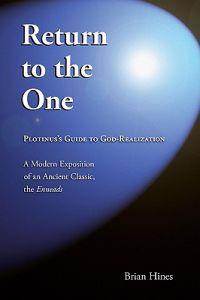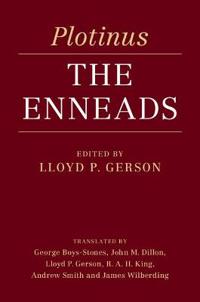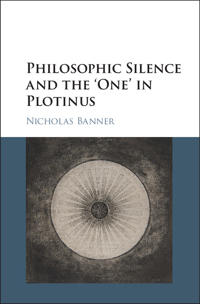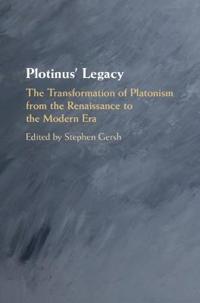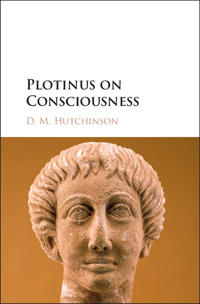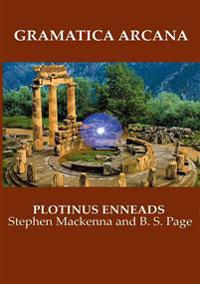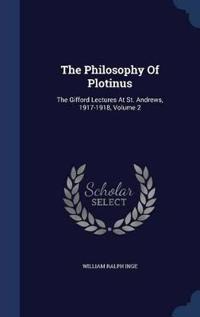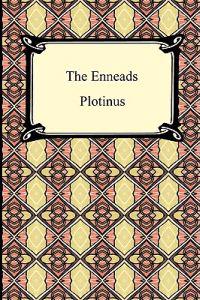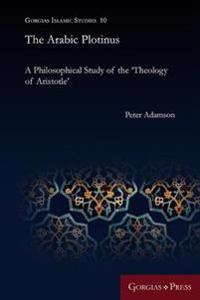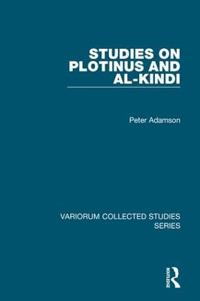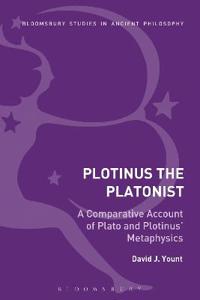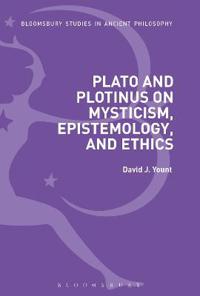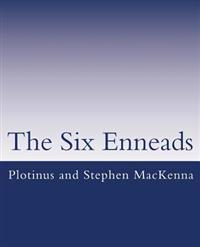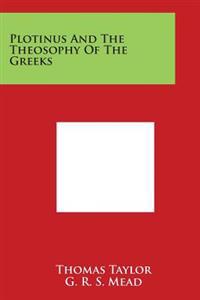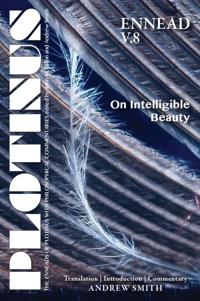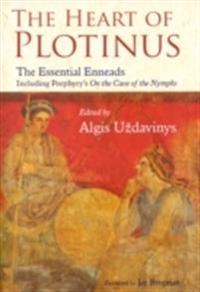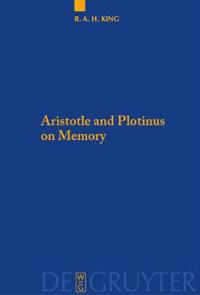Plotinus
ISBN: 9780943914558 - UTGIVEN: 1992-06This book is simply the most exalted translation of one of the finest products of the human mind. This edition makes it truly "the thinking person's Plotinus" as well: Endnotes compare MacKenna's original translation with hundreds of debatable revisions made by editors in editions published after hi[...]
Return to the One: Plotinus's Guide to God-Realization (Häftad)
avBrian Hines
ISBN: 9780977735211 - UTGIVEN: 200901Plotinus: The Enneads
ISBN: 9781107001770 - UTGIVEN: 2017-12The Enneads by Plotinus is a work which is central to the history of philosophy in late antiquity. This volume is the first complete edition of the Enneads in English for over seventy-five years, and also includes Porphyry's Life of Plotinus. Led by Lloyd P. Gerson, a team of experts present up-to-d[...]
Philosophic Silence and the One in Plotinus
ISBN: 9781107154629 - UTGIVEN: 2018-05Plotinus, the greatest philosopher of Late Antiquity, discusses at length a first principle of reality - the One - which, he tells us, cannot be expressed in words or grasped in thought. How and why, then, does Plotinus write about it at all? This book explores this act of writing the unwritable. Se[...]
The Architecture Of The Intelligible Universe In The Philosophy Of Plotinus (Pocket)
avArthur Hilary Armstrong
ISBN: 9781107656734 - UTGIVEN: 2013-08-01This 1940 book assesses how the philosopher Plotinus' hierarchy of reality fits into the wider universal order.[...]
Plotinus' Legacy
ISBN: 9781108415286 - UTGIVEN: 2019-04The extensive influence of Plotinus, the third-century founder of 'Neoplatonism', on intellectual thought from the Renaissance to the modern era has never been systematically explored. This collection of new essays fills the gap in the scholarship, thereby casting a spotlight on a current of intelle[...]
Plotinus on Consciousness
ISBN: 9781108424769 - UTGIVEN: 2018-07Plotinus is the first Greek philosopher to hold a systematic theory of consciousness. The key feature of his theory is that it involves multiple layers of experience: different layers of consciousness occur in different levels of self. This layering of higher modes of consciousness on lower ones pro[...]
Plotinus Enneads (häftad)
ISBN: 9781326788193 - UTGIVEN: 2016-10Plotinus (Greek: PIlambdaomegatauiotanuomicronsigmaf; c. 204/5 - 270) was a major Greek-speaking philosopher of the ancient world. In his philosophy there are three principles: the One, the Intellect, and the Soul. His teacher was Ammonius Saccas and he is of the Platonic tradition. Historians of th[...]
Plotinus, Porphyry and Iamblichus (Inbunden)
ISBN: 9781409421689 - UTGIVEN: 2012-01This selection of twenty-five essays by Andrew Smith is devoted to Neoplatonism and especially to Plotinus and Porphyry. It deals with Plotinus' development of the Platonic Forms, and includes a lengthy assessment of Porphyry's contribution to the Platonic tradition. The themes also embrace a number[...]
The Arabic Plotinus (häftad)
ISBN: 9781463207182 - UTGIVEN: 2017-12The so-called "Theology of Aristotle" is a translation of the Enneads of Plotinus, the most important representative of late ancient Platonism. It was produced in the 9th century CE within the circle of al-Kind?, one of the most important groups for the early reception of Greek thought in Arabic. In[...]
Studies on Plotinus and al-Kindi (Inbunden)
avPeter Adamson
ISBN: 9781472420251 - UTGIVEN: 2015-01This book collects 15 papers on the greatest philosopher of late antiquity and founder of Neoplatonism, Plotinus (d.270), and the founding figure of philosophy in the Islamic world: al-Kind? (d. ca. 873). A number of the contributions focus on the text that joins the two: the so-called Theology of A[...]
Plotinus the Platonist
ISBN: 9781472575210 - UTGIVEN: 2014-12In this insightful new book David J. Yount argues, against received wisdom, that there are no essential differences between the metaphysics of Plato and Plotinus. Yount covers the core principles of Plotinian thought: The One or Good, Intellect, and All-Soul (the Three Hypostases), Beauty, God(s), F[...]
Plotinus the Platonist
ISBN: 9781474283687 - UTGIVEN: 2016-10In this insightful new book David J. Yount argues, against received wisdom, that there are no essential differences between the metaphysics of Plato and Plotinus. Yount covers the core principles of Plotinian thought: The One or Good, Intellect, and All-Soul (the Three Hypostases), Beauty, God(s), F[...]
Plato and Plotinus on Mysticism, Epistemology, and Ethics
ISBN: 9781474298421 - UTGIVEN: 2017-02This book argues against the common view that there are no essential differences between Plato and the Neoplatonist philosopher, Plotinus, on the issues of mysticism, epistemology, and ethics. Beginning by examining the ways in which Plato and Plotinus claim that it is possible to have an ultimate e[...]
Plotinus Ennead V.8 (häftad)
ISBN: 9781930972650 - UTGIVEN: 2018-01Plotinus' Ennead V.8, originally part of a single work (with III.8, V.5, and II.9), provides the foundation for a positive view of the universe as an image of divine beauty against the Gnostic rejection of the world. Although it emphasizes the cosmic dimension of beauty, it is, as are most treatises[...]
The Heart of Plotinus (Pocket)
avAlgis (EDT) Uzdavinys, Jay (FRW) Bregman, Algis (EDT) Uzdavinys
ISBN: 9781933316697 - UTGIVEN: 2009-04Drawing parallels with other traditions, Uzdavinys emphasizes that Plotinus' philosophy was not a purely mental or rational exercise, but a complete way of life incorporating the spiritual virtues. Plotinus is widely regarded as the founder of the school of Neo-Platonism and this book provides an in[...]
Plotinus: Complete Works: In Chronological Order, Grouped in Four Periods. [Single Volume, Unabridged] (häftad)
ISBN: 9781974518968 - UTGIVEN: 2017-08


